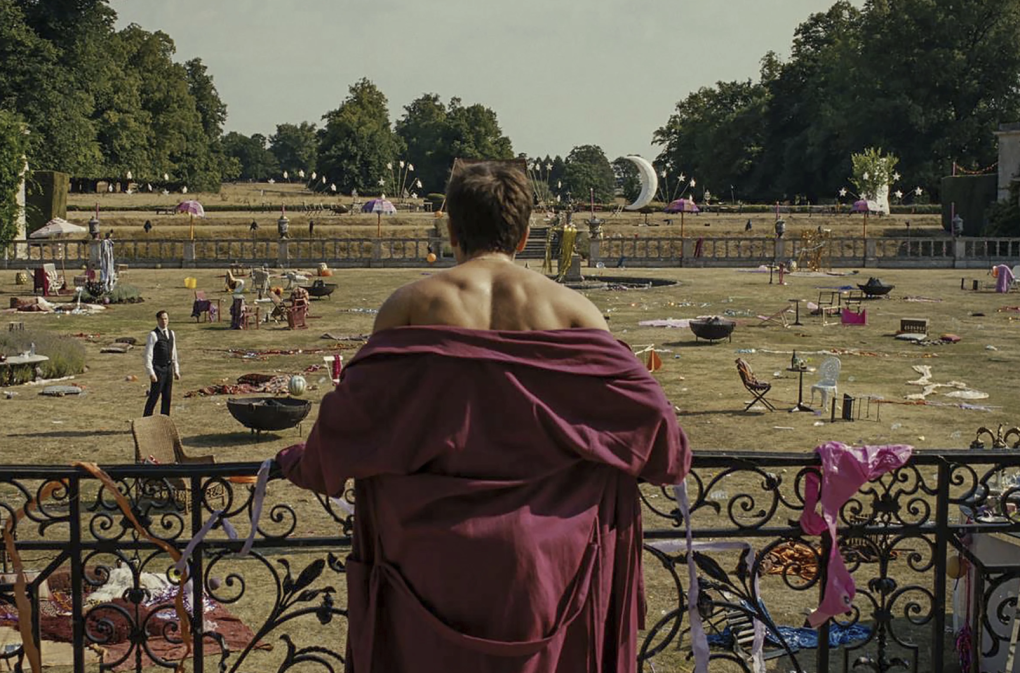
If you happen across a film critic this week who insists that Poor Things is a bad movie, please make a mental note that a) they are lying, and b) they’re probably being a contrarian because they know every other critic on Earth is going to fall over themselves with glee to sing this movie’s praises.
Make no mistake, Poor Things is a masterpiece — a visual one, a philosophical one and a feminist one. It will make you laugh, it will make you ruminate and it will fill you with defiant, rebellious thoughts that persist long after the movie is over. Once you’re tangled up in its surreal, sensuous, open-wide world, it’s quite impossible to not be thoroughly taken with Poor Things. As taken, in fact, as all of the male suitors in the movie are with its unconventional heroine, Bella Baxter. (Played with magnificent abandon by Emma Stone.)




